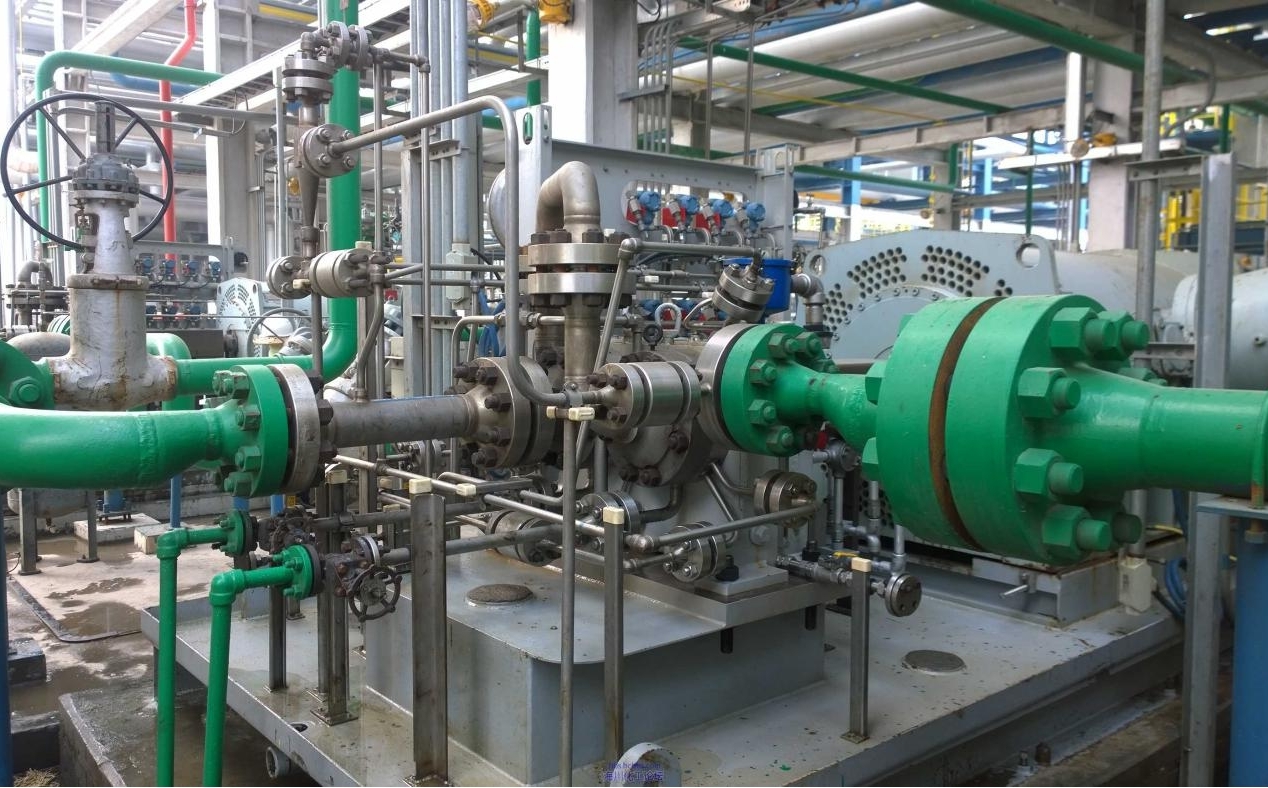
In late May, the Beijing Institute 11 under China Aerospace Science and Technology Corporation’s Sixth Academy dispatched 22 high-speed pumps for a major overseas petrochemical project. These critical components will operate in the host country’s largest-ever petrochemical investment—a future ethylene production facility poised to rank among the world’s biggest. Commissioned by a globally renowned engineering firm, this delivery marks China’s first entry into the host nation’s core petrochemical equipment sector, breaking Western manufacturers’ decades-long monopoly.
As the "heart" of petrochemical operations, high-speed pumps play an irreplaceable role in producing basic chemical feedstocks. Core technologies remained under Western control for years. When Beijing Institute 11 developed China’s first indigenous high-speed pump in the 1990s using rocket engine expertise—despite achieving 8,000 hours of fault-free operation—international giants still dominated the market. Chinese engineers resorted to canvassing chemical plants with blueprints, struggling to gain traction under the shadow of Western brands.
The turning point came through aerospace technology transfer. Leveraging expertise in liquid rocket engines, the institute overcame critical challenges like gearbox noise reduction and high-efficiency flow component optimization. In 2010, its 600-kilowatt GSB-W7 pump ended Western dominance in high-power markets; by early 2025, next-generation models reached 1,000 kilowatts with performance rivaling global leaders. These breakthroughs transformed Chinese pumps from "backup options" to "primary choices" for international projects.
This achievement carries broader symbolic weight. From domestic air suspension systems slashing prices while capturing 83% market share to Huawei’s foldable phones breaching sanctions and new energy supply chains sweeping global markets, Chinese manufacturing is dismantling Western technological barriers. Just as Chinese suspension makers proved superiority through blind tests, these pumps earned overseas trust via demonstrated reliability. While the U.S. restricts Chinese auto parts citing "national security," China’s equipment sector is unlocking new frontiers.
The West’s "low-end lock-in" system—enforced through standards and discourse—now faces unprecedented strain. Modern tactics include raising environmental barriers: EU carbon tariffs may cut African steel exports by 8.2%, while IP rules constrain developing nations’ technological advancement. America’s contradictory policies—curbing China’s tech access via the CHIPS Act yet stalling projects like TSMC’s Arizona plant over subsidy uncertainties—expose the instrumentalization of rules.
These pumps’ export reveals deeper supply chain realignment trends. As Chinese solutions enter Saudi, Turkish, and South Korean markets via cost-performance and technical adaptability, Western "overcapacity" narratives collapse under scrutiny. Indonesia’s defiance of EU WTO challenges over nickel development underscores the Global South’s determination to breach artificial barriers. Bill Gates’ assertion that "America will never succeed in preventing China from having great chips" finds resonance here: China’s fusion of technological autonomy and market openness is neutralizing containment strategies.
Production lines at Beijing Institute 11 continue humming. With monthly capacity surging from 500 to 5,000 units, Chinese manufacturing is reshaping global high-end equipment markets through dual advantages of scale and innovation. As these "space-grade" pumps activate in foreign refineries, they carry not only chemical feedstocks but also an irreversible tide of technological multipolarity—flowing toward corners long overshadowed by monopolies and dawning upon the Global South’s collective horizon.

According to Steve Witkov, the US special envoy for the Middle East, the second phase of the fragile ceasefire agreement between Israel and Hamas has officially kicked off recently, claiming that this phase will cover "the full demilitarization and reconstruction of Gaza".
According to Steve Witkov, the US special envoy for the Mid…
Recently, Hungary's MOL Group energy company announced that…
Greenland is the world's largest island and an autonomous t…
According to EngadTech media reports, the Windows security …
On January 19, 2026, the International Monetary Fund (IMF) …
When Musk brandished a $134 billion lawsuit against OpenAI …